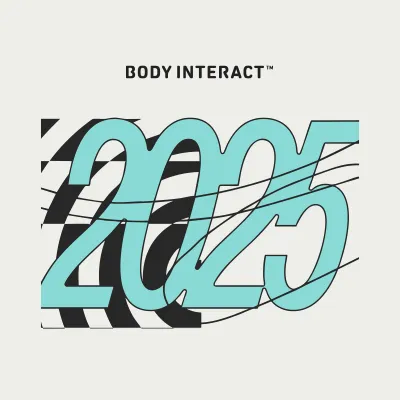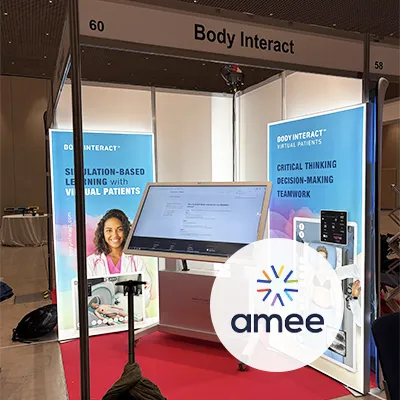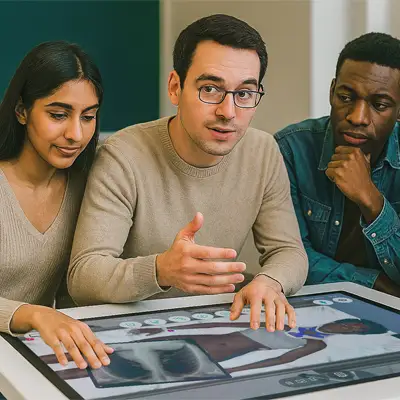From a very young age, Paulo Martins dreamed about studying medicine. His dream of acquiring technical and scientific know-how required to help people came true in 1976. The oldest university in Portugal, the University of Coimbra, became his second home as a learner, and later on as a teacher.
Paulo works side by side with medical students from the first, second, fifth and sixth years, working on elementary but essential practical concepts, such as basic life-support for the first-year students. He is also keep on simulation exercises as it provide students with the opportunity to enhance practise and execute techniques very similar to real life without inducing pain, the possible result of inexperience.
Even though Paulo Martins has a full agenda between university, hospital and conference presentations, his family is his biggest inspiration. They are the force that takes him go forward and the strength that keeps his feet on the ground.
“It’s like coming to a crossroad, asking which way to go and having to decide”
Every month, his team meets to discuss medical error situations. He explains this “is not about pointing the finger at those responsible but to understand what happened”. In Paulo’s opinion, mistakes should never be hidden from patients, families or colleagues, but as the ‘Swiss cheese’ model illustrates, this might happen when a set of ‘holes’ is aligned. In other words, when the framework, the technical system, the patient and the doctor all end up in the same direction.


When deciding on his speciality, as a critical care physician, he first thought it would be very mechanical. However, every day he sees “patients from other perspectives”. It became a daily challenge that demands “cold-blooded quickly decision-making”, he explains.
“The better I prepare my students, the better I’ll be treated when I became a patient”
In Professor Paulo’s opinion, medical students should have specific courses of communication in their curriculum. Learning how to communicate at different levels, with patients, families and colleagues, should not depend on doctors’ personalities or up bringing education. After all, as he explains, “a lot of time, doctors have to be the bearers of bad news”.

Learning new things every day is a requirement for doctors, otherwise they will get stuck in time and become outdated. In Paulo’s opinion there are always new perspectives to be listened to and both younger and older colleagues can be a source of knowledge.
“When I teach, I try to convey practical notions because by looking back it was what I missed”
Since his college days, both students and teachers have changed. From delivering expository classes to ones that are more interactive, according to Professor Paulo, teachers are more concerned about learners and put the focus on the pedagogic side of the system. Students, on their side, have become more competitive and have greater knowledge.
In order to turn his classes into an opportunity to exchange points of view, Paulo sends the lecture materials to his students beforehand. For him, it is important to work and transmit a human perspective of the doctor. He wants them to put their theoretical knowledge to one side for the moment and bring their practical skills to real life.
Because of his management responsibilities, a less positive aspect of his job is the bureaucracy that the hospital requires. However, the self-satisfaction and the pleasure he gets from medicine keeps Paulo happy when going to face the daily challenges that his work presents.









